Construction, automotive, and other industries depend on metal fabrication. Soldering, shearing, and punching are essential for developing a solid steel structure or complicated metal components for your next project. We’ll examine these unique metal fabrication technologies and their many uses. Put on your safety goggles and prepare to explore soldering sparks, precision shears, and hole-punching!
Soldering: The Process and Its Applications
Metal fabrication sometimes involves soldering two or more pieces of metal together by melting and applying solder. This process bonds the metals, making them work together.
Soldering has several uses. One of its main uses is electronics manufacturing. Soldered connections allow smartphones, computers, and TVs to work properly by ensuring electrical transmission between circuit board components.
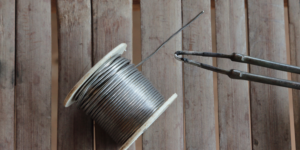
Jewelry designers also use soldering to create elaborate designs by uniting precious metals. Soldering gives craftsmen full control to realize their ideas.
Soldering is essential in many industries that need robust, adaptable bonding. It joins different metals, making it vital for product fabrication throughout industries.
Shearing: Cutting Metal with Precision
Shearing is a crucial metal manufacturing method that cuts metal precisely. It splits big metal sheets or cuts them to particular sizes. Sharp blades on a shear machine apply great force to the material. Shearing makes clean, accurate cuts, a major benefit. The blades cut metal without deformation or burrs, leaving smooth edges that need little polishing. This makes it excellent for precision measurement applications.
Shearing is possible on steel, aluminum, and stainless steel. Shearing is a fast, cost-effective way to make thin strips for electrical components or custom-sized panels for construction projects.
Punching: Creating Holes in Metal
Metal fabrication requires punching to create precise and clean holes in various metals. This method punches through metal with sophisticated technology to create properly formed holes with minimal deformation.
Punching’s versatility is a major benefit. It works on steel, aluminum, brass, and copper. Punching produces regular holes and cutouts for vents and wiring channels.

The metal sheet is placed beneath a die with a hole that matches the desired shape and size. A punch then strongly strikes the material, piercing it and making the hole. Modern punching machines produce quickly without sacrificing accuracy. Punching has advantages over drilling and laser cutting. Faster than drilling several holes separately, it has good repeatability. It reduces post-processing because it generates cleaner edges than laser cutting.
Working with an experienced punching business for metal production is essential for the best results. Look for companies with innovative technology and trained workers who enhance efficiency and minimize waste.
Advantages of Using Metal Fabrication Services
Metal fabrication has many benefits that make it popular in numerous industries. Versatility is a major benefit of metal fabrication services. Metal fabrication can create unique pieces or sophisticated structures.
Precision and accuracy from expert metal fabricators are another benefit. Advanced tools and processes allow them to precisely construct complicated designs for high-quality products.
Cost-effective metal fabrication services exist. Outsourcing fabrication to specialists saves on equipment and labor. Professional fabricators also receive bulk material discounts, lowering production costs.
Another benefit of metal production is durability. Steel is strong and durable, making it excellent for harsh situations.
For timely project delivery, work with a reliable metal fabrication business. They have the skills and resources to meet deadlines and quality requirements.
Choosing the Right Metal Fabrication Company
Selecting the appropriate metal fabrication business is essential to completing your job on schedule and to your specifications. Decision-making can be difficult with so many possibilities. You may limit your options and pick the right one by considering a few crucial elements.
Consider corporate experience and competence. Find a metal fabrication business that has completed similar jobs successfully. A well-seasoned organization will have mastered numerous materials and processes. Consider the metal manufacturing company’s expertise and facilities. Do they have modern gear? Can they handle complicated designs or specifications? To ensure accuracy and efficiency, hire a company with contemporary technology and machines.
Rate their client satisfaction. Look for feedback or referrals from previous clients. Reputable metal fabrication companies prioritize client pleasure and produce exceptional products.
Negotiate pricing and schedules with potential firms. Get quotations from multiple vendors to compare prices and quality.

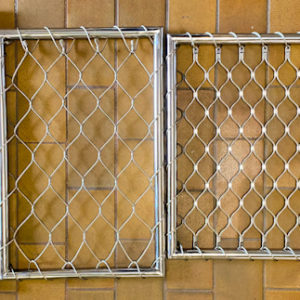

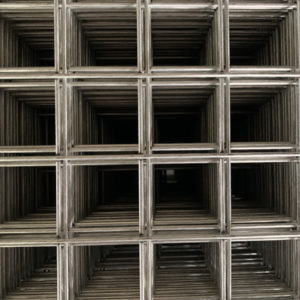
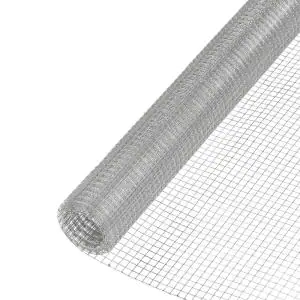
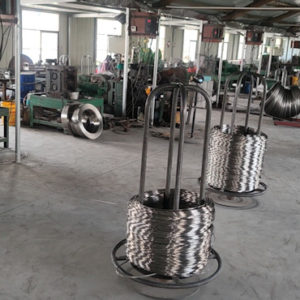
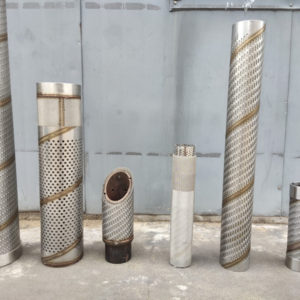

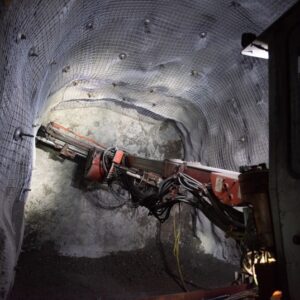
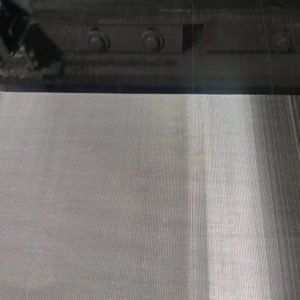

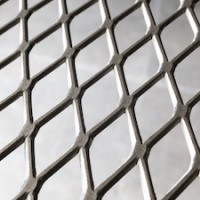
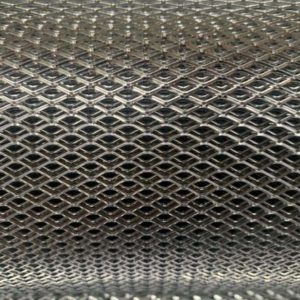
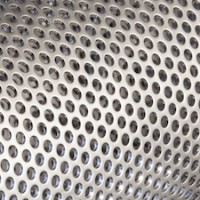
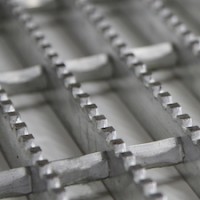
Thank you for your sharing. I am worried that I lack creative ideas. It is your article that makes me full of hope. Thank you. But, I have a question, can you help me?
I don’t think the title of your article matches the content lol. Just kidding, mainly because I had some doubts after reading the article.
Thanks for sharing. I read many of your blog posts, cool, your blog is very good.